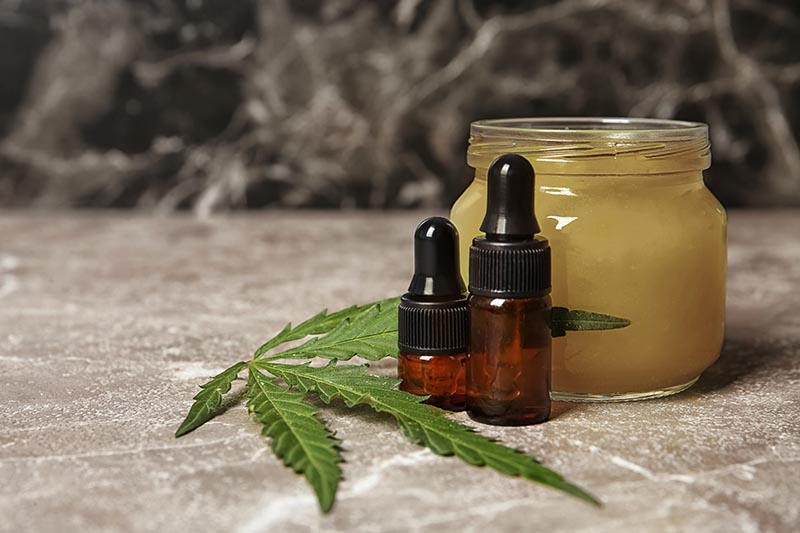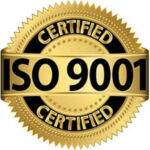Best in class is a destination stemming from optimizing processes for efficiency and effectiveness. It is an end point and not where you start.
As with all other products on the market, such as medicinal products, cosmetics and supplements, Cannabis products must be safe, effective and meet quality requirements, in order to assure its safety, identity, potency, and meets all quality and purity characteristics. But in a global market and with limited published GMP standards for cannabis, specifically nothing within the US, what is the best approach to getting started? You certainly do not want to create parallel compliance programs to satisfy country specific requirements such as Canada, European Countries, Australia, nor state specific requirements such as California, Colorado or MA. Is there a, one size fits all approach to compliance? The answer is a resounding, yes.
Pharma, food, and supplements industries share many of the same characteristics with the Cannabis industry so, it makes sense to utilize the salient aspects of existing guidelines such as: (EU)GMP, CFR’s, GLP, GACP, HACCP, and GDP. These guidelines are applicable to; Growing & Cultivation, Storage & Distribution, Facilities & Equipment, Documentation, Records and Packaging, to name a few. JJK Consulting has combined a Risk Based Approach from existing guidelines in order to satisfy current and future regulatory compliance requirements. We recommend a phased approach to compliance that will satisfy local license requirements, increase efficiencies, eliminate variations, and increase repeatability and revenues.
Phase One: 0 -90 days. Unlike say, a restaurant compliance audit with a score posted near the front door for all to see, certification audits are, pass and receive a certificate of compliance or, do not pass and receive a laundry list of deficiencies and corrective actions. Because of this, a basic level of compliance is needed in order to obtain and maintain your cannabis license to do business. This level of documentation will provide the traceability needed to quickly identify inefficiencies and problematic process that need to be revised to become increasingly effective. It will also provide the foundation to become better, while also working towards eliminating variations that lead to scrape, re-work, delays and costly recalls. This could be called, (GxP) lite.
Phase Two: 12 – 18 months, based upon allocation of resources, production schedules, working capital, etc. Phase two is the creation of increased controls based upon risk based thinking. Impact versus the likelihood of occurrence and the measures required to prevent them. By this time your organization will have the information to make pragmatic decisions of what is working really well (Best Practices) and areas that need improvement. Stubborn or recurrent problems are often symptoms of deeper issues. “Quick fixes” may seem convenient, but they often solve only the surface issues and waste resources that could otherwise be used to tackle the real cause.
The 5 Whys technique (sometimes known as 5Y) is a simple but powerful tool for cutting quickly through the outward symptoms of a problem to reveal its underlying causes, so that you can deal with it once and for all.
Phase Three: Ongoing efforts. You are now leveraging aggregate data sources stemming from corrective and preventative actions (CAPA), management reviews, Failure mode effective analysis (FMEA) and risk-based thinking (RBT). The output allows your organization to isolate Best Practices and proactively eliminate deficiencies and risk. This is known as, Industry Best Practices or, World Class Manufacturing. While these concepts are not new, Japanese manufacturing is credited with pioneering the concepts and was introduced in the automobile, electronic and steel industry. World class manufacturing is a process driven approach where various techniques and philosophies are used in one combination or other.

Some of the techniques are:
- Make to order
- Streamlined Flow
- Smaller lot sizes
- Doing it right first time
- Total preventive maintenance
- Zero Defects
- Just in Time
- Increased consistency & decreased variation
- Higher employee involvement
- Cross Functional Teams
- Multi-Skilled employees
- Statistical process control
The idea of using above techniques is to focus on operational efficiency, reducing wastage and creating a cost efficient organization. This leads to the creation of a highly productive organization, using concurrent production techniques rather than a sequential production method.
World class manufacturers tend to implement best practices and also invent new practices to stay above the rest in their industry. The main parameters which determine world-class manufacturers are quality, cost effective, flexibility and innovation.
The complexity of state regulations relative to the manufacturing of cannabis and the full traceability requirements of the FDA are challenges we help companies overcome every day. We provide GMP services to companies across the globe every year and we excel in the rapidly changing Cannabis industry. Just as many of the industry leading brands have chosen to partner with “XXXX” in becoming compliant to state specific statutes and regulations, there is still time for you to do so as well.
We are moving companies to regulatory compliance by:
- Creating and Implementing GMP policies and procedures for state statutes
- Certification Supplier related audits
- Delivering Best in Class training and transfer of knowledge
- Reducing operational and reputational risk
- Preparing for additional local and international markets
Don’t overcomplicate compliance or let it hinder your efforts. Take a phased approach and let your system produce the results.

Please contact JJK Consulting at your convenience for an initial consultation.
We’ll work with you one on one to determine a roadmap to success. JJK is your affordable ISO Consultant in New York.
We look forward to working with you soon. Call Today: 973-402-5889.




